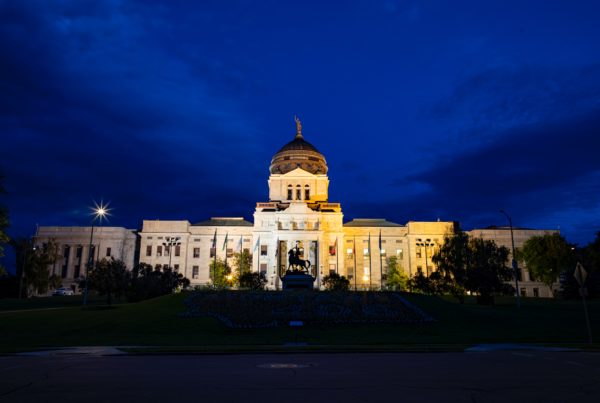Now things are ugly.
In the previous two chapters God and man are personal with each other. God never calls after man. Adam and Eve live happily with him, anticipate God’s every move, and enjoy him immensely. God knows what took place and it pains him, and it will someday pain the Son of God even more, but grace and mercy fill the moment, and God moves with kindness.
“The Lord God called to the man,” the word choice is telling, and the drama thickens. “Lord God” in Hebrew is Jehovah Elohim, a name that could be understood as “The Self Existing God is the only Supreme God.”
It is an awe inspiring description of God.
The description of God as Jehovah Elohim was penned by Adam, a name he never forgot, it is his remembrance of the moment, spoken, written, then handed down through the ages. Those words came to Moses in a scroll redeemed from Noah’s Ark, and now Moses compiles them in a new book, so a generation of slaves fleeing Egypt can know their roots.
The insanity of sin does not stop Adam from further sin. The spirituality of sin is a sticky glue, and it is now upon Adam, and he cannot remove it.
Adam is slipping into a gross unreality. He blames God and his wife, and does so ruthlessly.
Jehovah Elohim called out to the man, “Where are you?” The question was for Adam’s benefit.
Adam said, “I heard the sound of you in the garden, and I was afraid, because I was naked, and I hid myself.”
Jehovah Elohim knew what transpired, and his patience in the moment, his utter restraint, is a demonstration that his love is glorious.
God asked, “Who told you that you were naked?”
And now comes the eternal question, “Have you eaten of the tree of which I commanded you not to eat?”





